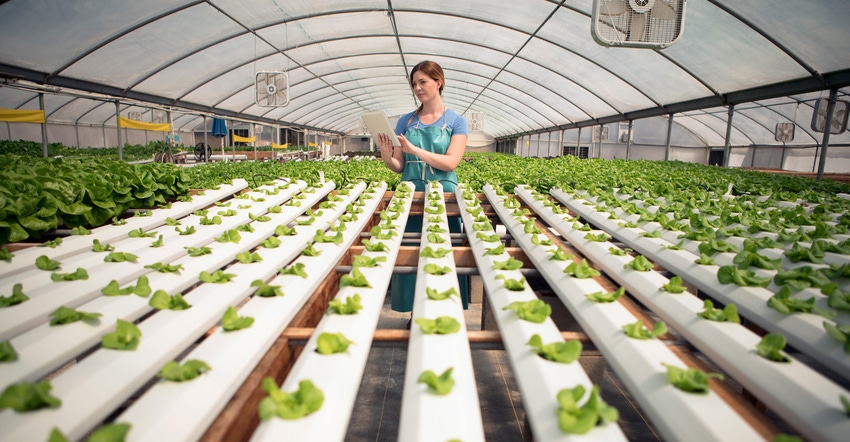
Editor’s note: This is the second in a four-day series on farm succession planning. The next two days will offer a five-point road map to help you and your family walk through the process.
Transitioning the farm from one generation to the next should be a road map, not a treasure map. There is a difference.
“A treasure map is, yes, a son or daughter comes back come into the business, and you sign up for a lifetime of servanthood, and if everything works just right and we navigate all the pirates and all the land mines that come through, hopefully at the end, you'll get the farm,” explains Wesley Tucker, University of Missouri Extension field specialist in agricultural business. “That's not what we want. We want it to be an actual road map with dates and things on a timeline, so we know where we're going and when we get there.”
He adds this road map to farm succession should be on paper. It is a path to management and ownership for those who want to take over the family business.
Tucker, who also is a certified succession planning coordinator with the International Farm Transition Network, pulled his resources along with those from the University of Vermont and Iowa State University to develop his road map.
Preparing the next generation
The first stop in succession planning is asking the next generation to gain education and experience away from home.
“Thinking about it,” Tucker says, “if Google decides they want to replace their current CEO, do they go over to the local high school and say, 'Hey, would you high school grads want to step over and make $2 million this year and run our multibillion dollar company?' That's just not the way it works. We need them to go out and get exposure and experience elsewhere.”
Tucker says that can come in the way of attending a university, along with a job off the farm. “We want to encourage them to go out and get trusted mentors that are from outside of the business,” he says. “The more they can go away and bring back valuable information, the more valuable they are going to be actually to the farmer.”
The next generation can build on their strengths, but really focus on improving their weaknesses. For Tucker, it is about the child of a crop farmer who is involved in all the planting and harvesting. He or she may understand production, but they do not know about grain merchandising.
“The more broad level exposure you can get to other aspects of what you're producing in the supply chain,” he says, “the better you know what the reality is to make a successful business.”
Welcoming home new notions
This education and experience stop in the road map can be unsettling for senior farmers.
Many rely on their children, especially those who have an interest in the farm, for labor. If the next generation farmer leaves for a time, the farmer must find a replacement, along with covering the additional cost.
Tucker finds that senior farmers may also fear what young farmers will bring home. “The senior generation is a little bit of afraid of new ideas,” he notes. “But again, we want this business to be able to seize new opportunities and be successful long term.”
He says the best way to handle the return of the next generation to the farm is communication. Talk openly about new ideas. Discuss how it will or will not fit into the current operation, or perhaps when it might fit in the future.
“The reality is, there is a great big world out there, other than just the family and business that you've been raised in,” Tucker explains. “We want to encourage our successors to go out and get experience somewhere else.”
Don’t forget to return to MissouriRuralist.com on Wednesday for a look at evaluating work performance and developing a management plan.
About the Author(s)
You May Also Like






